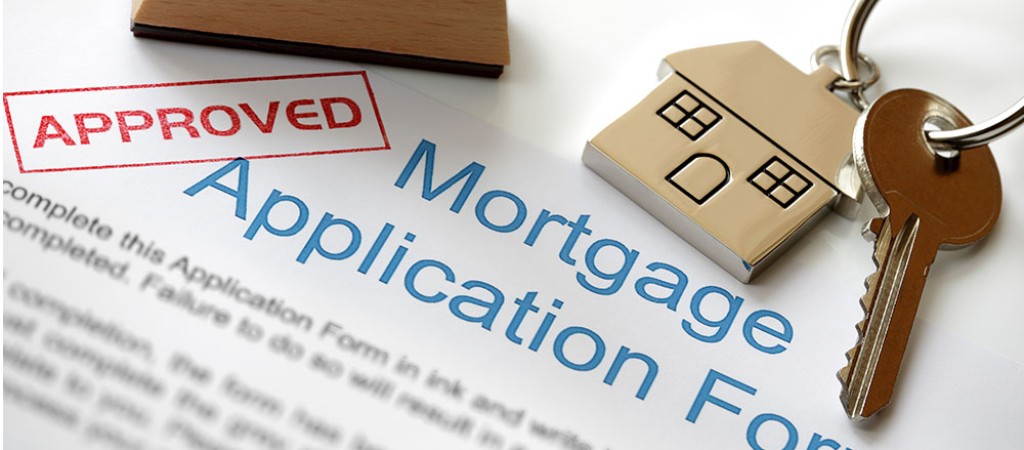10 benefits of rental that may change your perspective

While purchasing a house is a common thing to do in the United States, not everyone can or should do so. The U.S. has historically had far lower homeownership rates than it does now. Traditionally, families have had to buy their home, make one for themselves, or find a suitable rental. Despite its drawbacks, renting certainly has its benefits. It may make more sense financially for some individuals to rent than to buy. This list that we compiled contains all you need to know to understand why renting a place might be the right choice for you.
No Upkeep Fees or Repair Expenses
Housing upkeep and repair expenses are eliminated by renting. What this implies is that tenants don’t have to worry about any kind of maintenance or repairs, since the landlord will handle everything. In the event of a broken appliance or a leaking roof, tenants should contact their landlords to arrange for repairs or replacements. However, homeowners are on the hook for paying for any necessary upkeep, renovations, or repairs to their properties. It may grow fairly costly if the assignment is particularly complex or if numerous projects come up at once.
Can’t Forget About Amenities
Renting may save you money since you get to use facilities that would cost a fortune to buy. Many apartments in the middle and above price ranges have amenities such as an in-ground pool and a fitness center at no extra cost. A homeowner would have to pay thousands on setup and upkeep if they wanted to take use of these features. Homeowners in a condo complex must also pay for such expenses. But if you are renting a place with such benefits, you can easily freeload on them.
Say Bye to Property Taxes
A key perk of renting versus buying is avoiding the financial burden of property taxes. The real estate tax burden varies widely from county to county. Taxes on real estate may cost tens of thousands of dollars annually in certain regions. The assessed value of a home and the square footage of the land on which it sits are the two primary factors used to calculate property taxes. Property taxes are becoming more troublesome for homeowners as a result of the ever-increasing sizes of new buildings.
What’s a Down Payment?
The upfront fee is another advantage that renters enjoy. The typical security deposit for a rental is one month’s rent, and that’s about it. They should get this money back when they move out, provided they didn’t cause any damage to the rented property.
A home’s down payment is far larger than a security deposit is for an apartment. A home worth $200,000 requires a $40,000 down payment, or 20% of the price. In February 2022, the average monthly rent in Manhattan, one of the most expensive cities in the United States, was $4,419. 6 Renting is a preferable option for those who can’t make such huge down payments.
More Freedom to Choose
A homeowner is limited to purchasing a property in a certain neighborhood, whereas a renter has far more flexibility in terms of where they may decide to stay. Buying a property in a pricey city like New York may be out of reach for most people, but renting there is certainly a viable option. Not to mention, renters are more likely to find a manageable monthly payment than homeowners, even in places with high house prices and rentals.
No Concern About Property Devalue
The overall value of the real estate may rise and fall over the years. While this might have a significant impact on homeowners, it would likely have very little, if any, effect on renters. Both your annual property tax bill and your monthly mortgage payment might be affected by how much your house is worth. When the property market is down, renters may not feel the pinch as much as homeowners.
Ability to Reduce Expenses
At the conclusion of a lease, a tenant may choose to move into a smaller, less expensive unit. The ability to scale down to a smaller, more affordable option is crucial for some people. The costs of purchasing and selling a property make it far more challenging to free oneself from a mortgage on a pricey residence. Likewise, if a homeowner has spent a considerable sum on repairs, the sale price may not be sufficient to recover those expenses, making the sale and relocation impossible.
Fixed Rent
For the duration of your lease, your monthly rent will remain at a set rate. Landlords have the right to increase rent with advance notice, but tenants benefit from having a set sum to pay each month. Homeowners with fixed-rate mortgages benefit from the same budgetary predictability. However, ARMs are subject to change and sometimes result in higher mortgage payments owing to increased interest costs. Another factor that might boost prices for homeowners but not for renters is property taxes.
Fewer Insurance Costs to Deal With
As with homeowners, renters must have insurance, although in this case it is called renter’s insurance. This insurance is far more cost-effective while still providing comprehensive coverage for things like furniture, electronics, and valuables. According to research by the Insurance Information Institute, the annual cost of renter’s insurance is $179, whereas the annual cost of a homeowner’s insurance policy is $1,249.
Controlled Utility Expenses
It’s safe to say that, although house sizes may vary, they’re generally bigger than apartment units. It’s more expensive to heat them, and that can lead to greater electricity costs as well. Rental homes, in comparison to many residences, often feature a smaller and more efficient floor design, making heating and electrical costs much lower.




